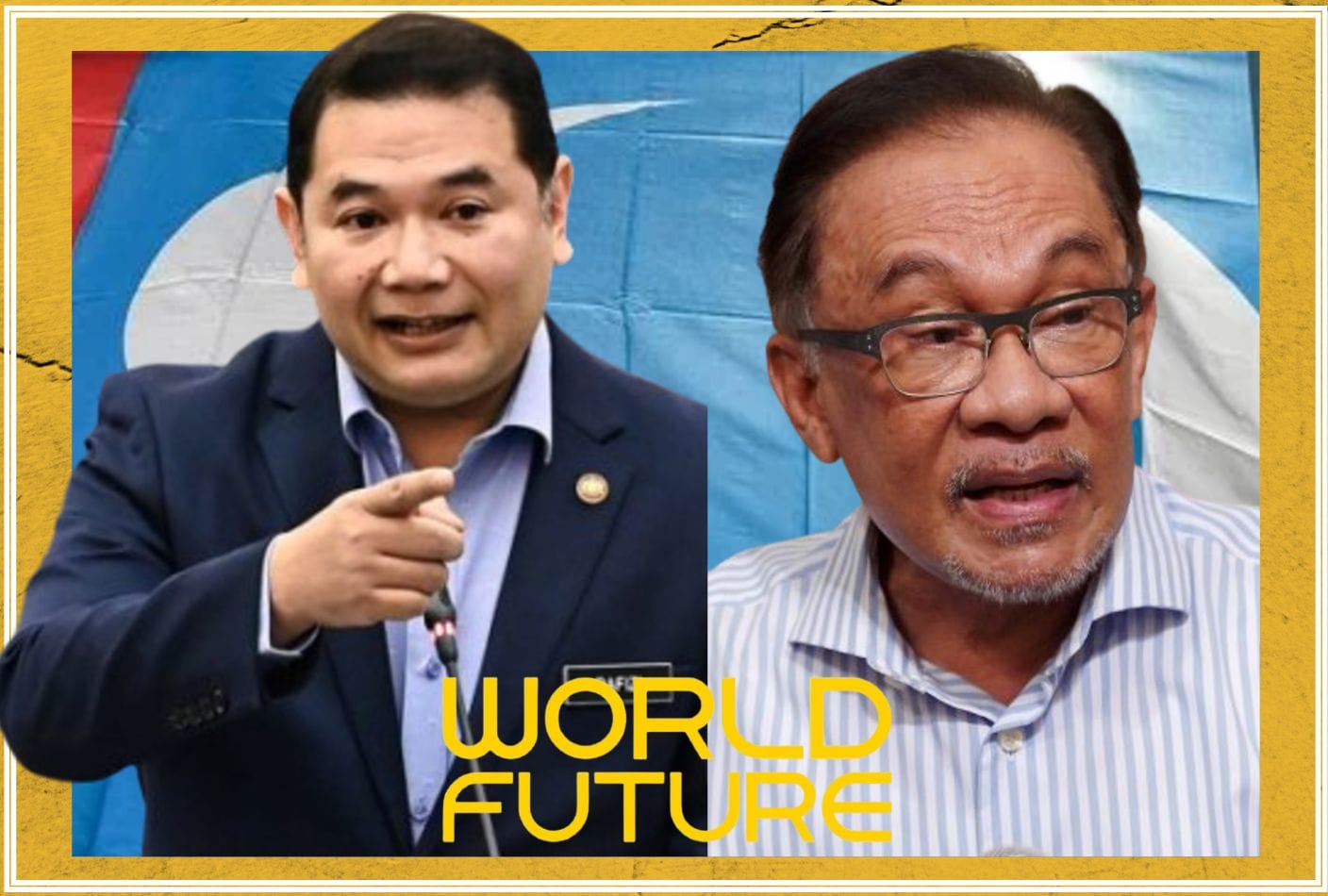PKR's 'Headless Body' Strategy Signals Tactical Power Realignment
PKR’s 'headless body' election strategy sees pro-Anwar faction consolidating power, sidelining rivals, and aligning branches for upcoming elections.

In the ongoing elections of a major Malaysian political party, a curious phenomenon dubbed the 'headless body' has emerged, revealing a calculated strategy to reshape internal power dynamics. Analysts observe that one dominant faction is systematically ousting rival leaders while preserving operational structures, installing loyalists to consolidate control.
This approach is seen as a tactical move to streamline the party’s framework ahead of critical central elections and the next general election.The strategy strengthens the dominant faction’s grip by fostering a more unified organizational structure. Surviving committee members, eyeing career advancement, often realign their loyalties to the prevailing bloc, allowing seamless integration of branch structures under the dominant influence without necessitating large-scale recruitment or re-elections.
Clear indicators of this power centralization are evident at the branch level, where key positions are secured with minimal opposition, signaling the faction’s robust grassroots machinery. Meanwhile, a rival faction, relying heavily on digital mobilization, struggles to maintain influence as traditional branch networks remain under the dominant group’s sway, with objections raised but little traction gained.
'Headless Body' Strategy
Caught between these titanic struggles, smaller grassroots groups wield limited, localized influence, unable to challenge the broader power play. The election dynamics suggest not just internal division but a deliberate power shift, marked by organized leadership changes and formal protests, pointing to a deeper struggle for control.
While the party has not yet fractured entirely, voting patterns and demands for procedural audits reveal growing distrust among factions. The rise of independent candidates rejecting established norms further underscores grassroots frustration with the dominance of traditional power blocs.
Ultimately, these developments underscore a pivotal phase of internal realignment, as factions vie for supremacy in shaping the party’s future direction, with implications for its strategy and cohesion as it approaches national electoral challenges.


